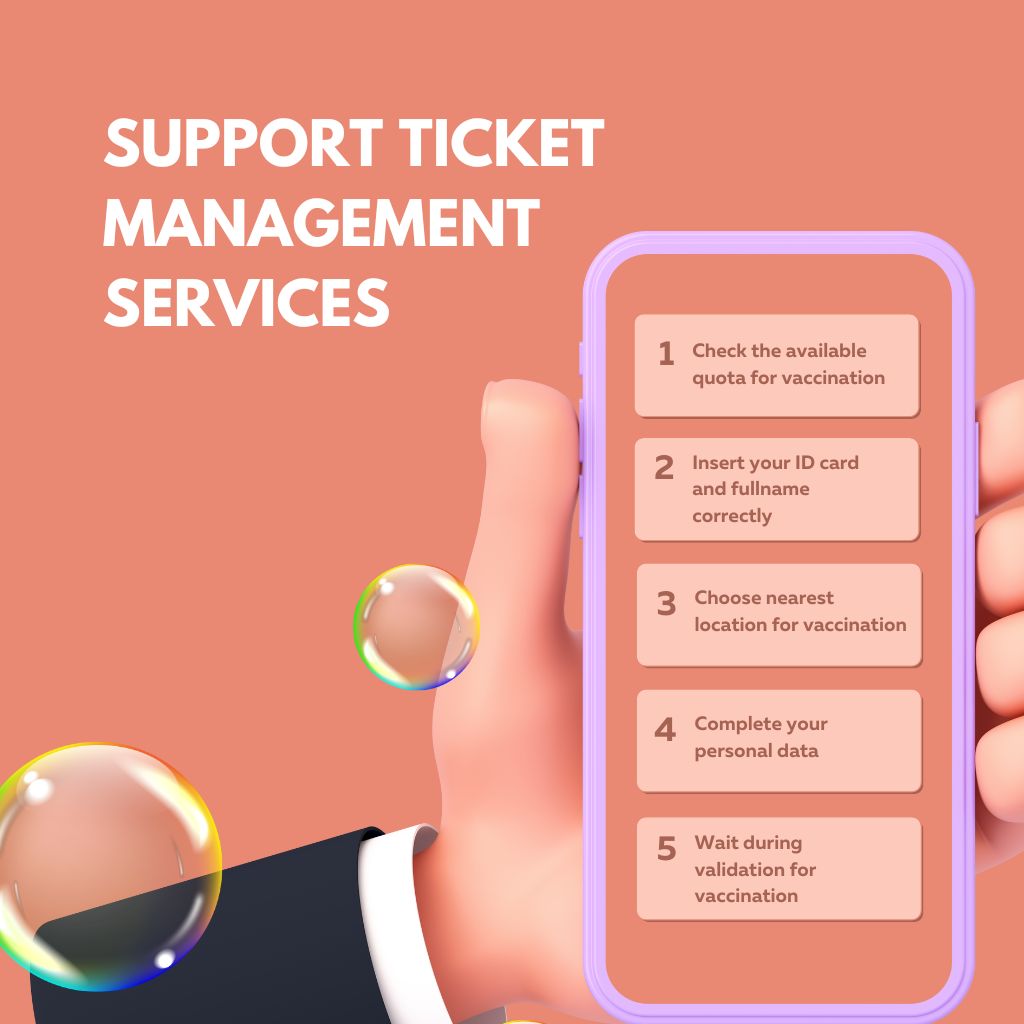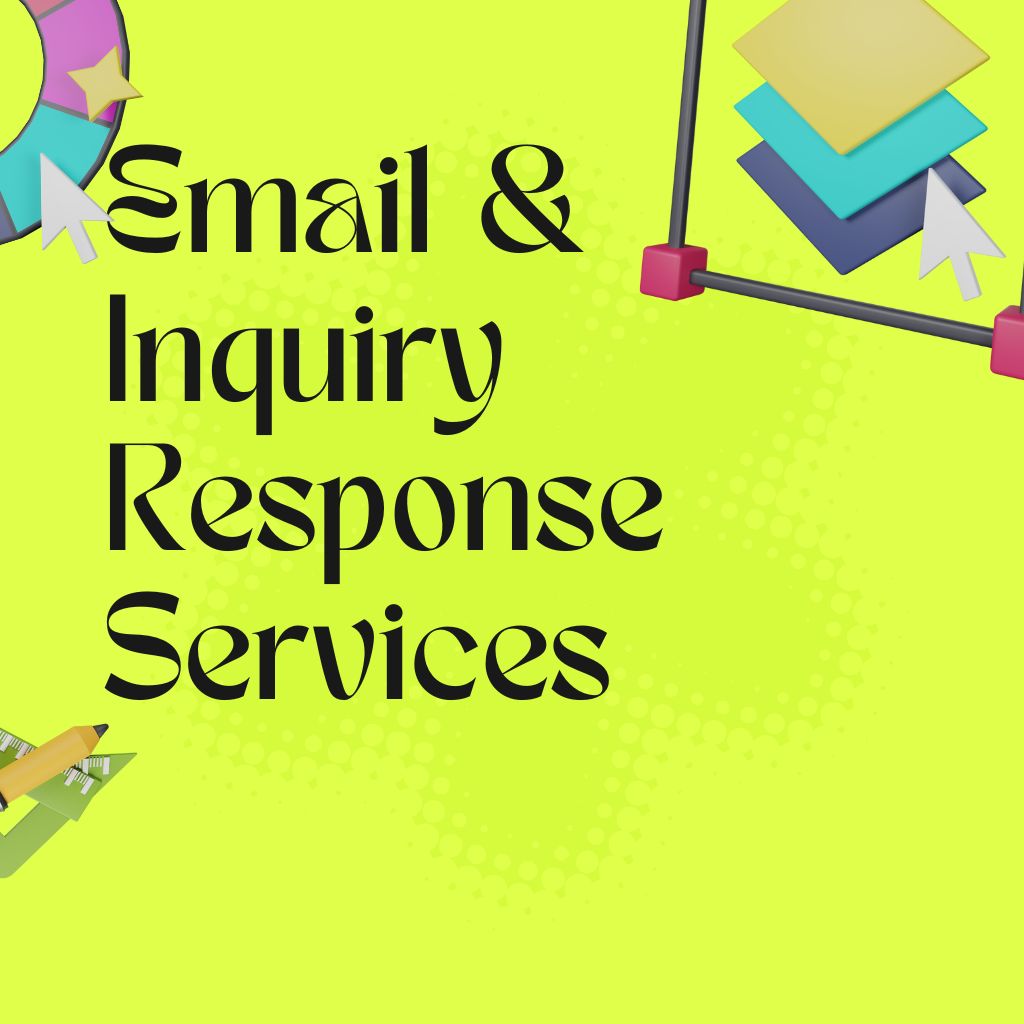
Introduction: The Backbone of Exceptional Customer Support
In today’s highly competitive market, exceptional customer support is a key differentiator. Businesses that provide timely, organized, and professional solutions to customer issues often stand out, gain loyalty, and drive growth.
Support Ticket Management is the process of tracking, organizing, and resolving customer queries, complaints, or requests through a structured system. By implementing efficient ticket management practices, businesses can enhance response times, ensure accountability, and optimize service delivery.
This article explores the importance, best practices, tools, and benefits of support ticket management, demonstrating how businesses can turn every customer interaction into an opportunity for satisfaction and growth.
1. What is Support Ticket Management?
Support Ticket Management is a structured approach to handling customer service requests. A support ticket represents a record of a customer’s issue, query, or request, allowing teams to track progress from submission to resolution.
Key components include:
-
Ticket creation via email, chat, phone, or web forms
-
Categorization and prioritization of tickets
-
Assignment to appropriate support agents or teams
-
Tracking status and response times
-
Resolving issues and documenting solutions
-
Analyzing trends and generating reports for improvement
Effective ticket management ensures that no customer request is overlooked and that resolutions are consistent, timely, and professional.
2. Why Support Ticket Management is Critical
Efficient ticket management enhances customer experience, optimizes internal workflows, and protects brand reputation. Key reasons for its importance include:
-
Faster Resolution: Proper tracking ensures prompt attention to urgent issues.
-
Increased Accountability: Every ticket has a clear owner, preventing missed requests.
-
Data-Driven Insights: Track recurring issues to improve products and services.
-
Customer Satisfaction: Organized support reduces frustration and builds loyalty.
-
Operational Efficiency: Streamlined workflows free agents to handle more complex issues.
3. Key Steps in Support Ticket Management
To implement an effective system, businesses should follow these steps:
a) Ticket Creation and Submission
Allow customers to submit tickets through multiple channels: email, chat, phone, and web portals.
b) Categorization and Prioritization
Classify tickets based on type, urgency, and complexity to ensure proper handling.
c) Assignment and Escalation
Automatically or manually assign tickets to the appropriate agents or teams. Escalate unresolved or critical issues as needed.
d) Resolution and Communication
Respond promptly with accurate solutions. Keep customers informed throughout the process.
e) Documentation and Knowledge Base Updates
Record solutions and lessons learned to build a comprehensive knowledge base.
f) Analytics and Reporting
Measure response times, resolution rates, and customer satisfaction to identify improvement areas.
4. Best Practices for Support Ticket Management
Implementing best practices ensures efficiency and professionalism:
a) Standardize Processes
Define clear protocols for ticket creation, response, escalation, and closure.
b) Use Ticketing Software
Leverage platforms like Zendesk, Freshdesk, or Zoho Desk to automate and track tickets.
c) Prioritize Urgent Issues
Ensure critical problems are addressed immediately to maintain customer trust.
d) Personalize Responses
Tailor solutions to individual customer needs rather than using generic replies.
e) Monitor Agent Performance
Track metrics such as response time, resolution rate, and customer satisfaction.
f) Encourage Self-Service
Provide FAQs, tutorials, and knowledge base resources to reduce ticket volume.
g) Continuous Improvement
Regularly analyze ticket trends and customer feedback to refine processes.
5. Tools and Technologies for Ticket Management
Modern tools simplify support ticket management, improving response time and accountability:
-
Ticketing Platforms: Zendesk, Freshdesk, Zoho Desk, Jira Service Management
-
CRM Integration: Salesforce, HubSpot, Microsoft Dynamics for centralized customer records
-
Automation Tools: Auto-assignment, reminders, escalation workflows, and AI-based responses
-
Analytics Solutions: Track metrics, generate reports, and monitor customer satisfaction
-
Collaboration Tools: Slack, Microsoft Teams for internal communication and knowledge sharing
Using these tools reduces manual errors, improves efficiency, and enhances customer experience.
6. Benefits of Support Ticket Management
Adopting a professional ticket management system provides multiple advantages:
-
Improved Customer Satisfaction: Customers receive timely, accurate, and consistent responses.
-
Operational Efficiency: Streamlined workflows reduce redundancy and save time.
-
Data-Driven Decisions: Insights from ticket trends improve products, services, and policies.
-
Enhanced Accountability: Every ticket has a designated owner for better follow-up.
-
Scalability: Manage increasing support volume during peak seasons or growth periods.
7. Challenges and Solutions in Ticket Management
Even with structured systems, businesses may face challenges:
-
High Ticket Volume: Implement automation and self-service solutions to manage workloads.
-
Delayed Responses: Use SLAs (Service Level Agreements) to ensure timely resolutions.
-
Recurring Issues: Analyze trends and update knowledge bases or product features.
-
Agent Burnout: Allocate workload evenly and provide training and support.
-
Data Management: Integrate CRM and ticketing tools to centralize customer information.
Proactively addressing these challenges ensures efficient and high-quality customer support.
8. Transforming Ticket Management into a Strategic Advantage
Support ticket management is more than operational—it’s a strategic tool for growth:
-
Customer-Centric Culture: Responsive ticketing demonstrates care and reliability.
-
Product and Service Improvement: Recurring issues guide enhancements.
-
Competitive Advantage: Efficient support differentiates your brand in the market.
-
Customer Retention: Quick and accurate resolutions increase loyalty and repeat business.
-
Continuous Learning: Analyze tickets for trends, opportunities, and process optimization.
9. Final Thoughts
Support Ticket Management is the cornerstone of professional customer service. A well-organized system ensures every query is tracked, prioritized, and resolved efficiently, transforming potential challenges into opportunities for satisfaction and loyalty.
By implementing structured workflows, leveraging modern technology, and following best practices, businesses can enhance operational efficiency, strengthen relationships, and drive long-term growth.
#SupportTicketManagement #CustomerSupport #TicketingSystem #CustomerSatisfaction #CRMIntegration #OperationalEfficiency #BusinessGrowth


